
Not only does it expand access opportunities for the public, especially the youth, digitalization also contributes to preserving and promoting heritage values in the era of globalization. However, to make heritage in the digital space truly vibrant and sustainable, there are still many problems regarding resources, technology and creative approaches that need to be solved.
Opportunities from digital technology
In fact, many Vietnamese cultural heritages have found new vitality thanks to technology. With just a few clicks, users can virtually tour the Imperial Citadel of Thang Long, explore the Vietnam Fine Arts Museum, or listen to Hue royal court music on online platforms. Digitizing data helps heritages overcome the limitations of space and time, bringing rich experiences to the public at home and abroad.
Not only stopping at display, 3D technology, virtual reality (VR) and augmented reality (AR) also allow the audience to interact and learn details about each artifact and construction. This contributes to making heritage "lively", closer to the younger generation who are familiar with the digital environment.
However, the path to bringing heritage to the digital space is not without obstacles. The first problem is resources. Digitizing an artifact, an architectural work or a collection requires a large cost, a specialized technical team and modern technological infrastructure. Many local cultural agencies still face difficulties in implementation. Next, digitization is only the first step. Managing, storing data safely and sustainably, as well as protecting intellectual property rights for digital products are other challenges. In the age of information explosion, the risk of loss, copying or misuse is always present.
In particular, digitizing heritage cannot be separated from its original value. If we only focus on form and ignore cultural depth, heritage will easily become a purely "entertainment product", losing its inherent sacredness and historical significance.
Long-term strategic planning
Many countries have been ahead in this journey. Japan has developed an open database of cultural heritage for everyone to access, and at the same time combined artificial intelligence (AI) to automate classification and search. Korea has put heritage into online educational applications, integrated into movies and music , creating a wide spread. These experiences show that technology is just a tool, what is important is how to exploit it creatively and with long-term strategy.
In Vietnam, the Ministry of Culture, Sports and Tourism has implemented many digitalization projects, especially for UNESCO-recognized heritage sites. Some major museums have also built online tour versions, helping the public access artifacts without having to visit them in person. Young artists have also begun to take advantage of digital platforms to incorporate heritage into creative products - from music, fashion to performance art.
Associate Professor Dr. Do Van Tru - Chairman of the Vietnam Heritage Association, said: "Digitizing heritage needs to be seen as a national strategy, with coordination between the State, the community and technology enterprises. Only when creating a sustainable ecosystem, can heritage truly 'live' in contemporary life."
In addition, linking digital heritage with creative cultural products - such as games, movies, and learning applications - will be a potential direction for the younger generation to approach more naturally, proactively, and enthusiastically.
“It can be said that heritage in digital space is a combination of tradition and modernity. Technology opens up opportunities for heritage to go beyond geographical boundaries, reaching many levels of the public. But above all, the core value of heritage still lies in the story of culture, history and national identity. In the era of globalization, bringing heritage to digital space is not only a way to preserve, but also a way to affirm the image of the country on the world cultural map. If we know how to take advantage of technology and nurture community awareness, Vietnamese heritage will not only be preserved, but also shine strongly in digital space - as a vivid part of the memory and soul of the nation" - Mr. Tru emphasized.
Source: https://baolaocai.vn/lan-toa-di-san-tren-khong-gian-so-post882368.html







![[Photo] Cutting hills to make way for people to travel on route 14E that suffered landslides](https://vphoto.vietnam.vn/thumb/1200x675/vietnam/resource/IMAGE/2025/11/08/1762599969318_ndo_br_thiet-ke-chua-co-ten-2025-11-08t154639923-png.webp)
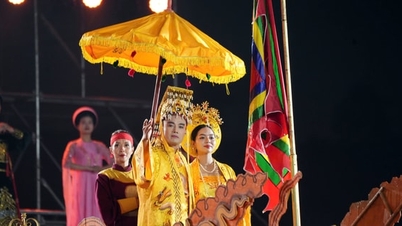


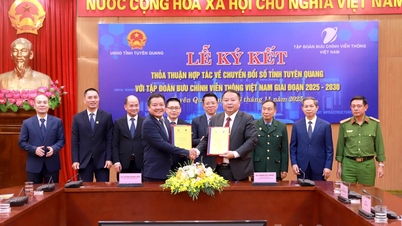

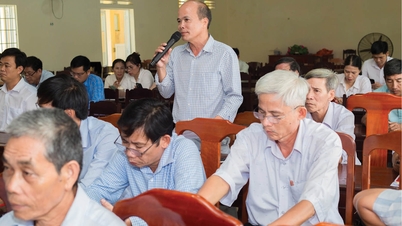

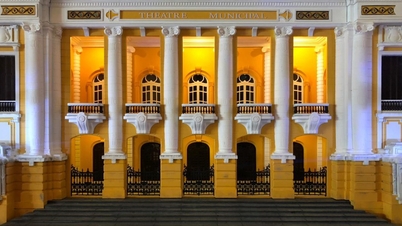








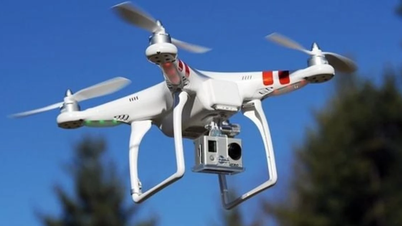




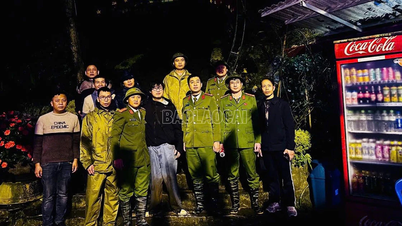

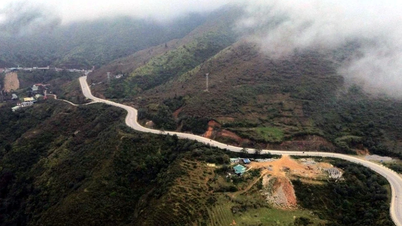


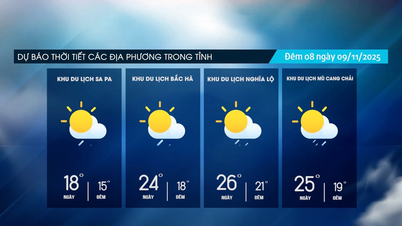








![[Video] Hue Monuments reopen to welcome visitors](https://vphoto.vietnam.vn/thumb/402x226/vietnam/resource/IMAGE/2025/11/05/1762301089171_dung01-05-43-09still013-jpg.webp)














































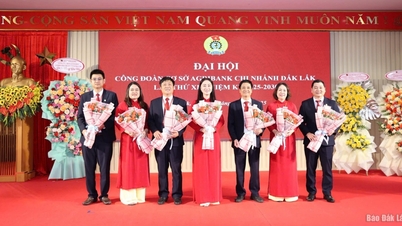




















Comment (0)